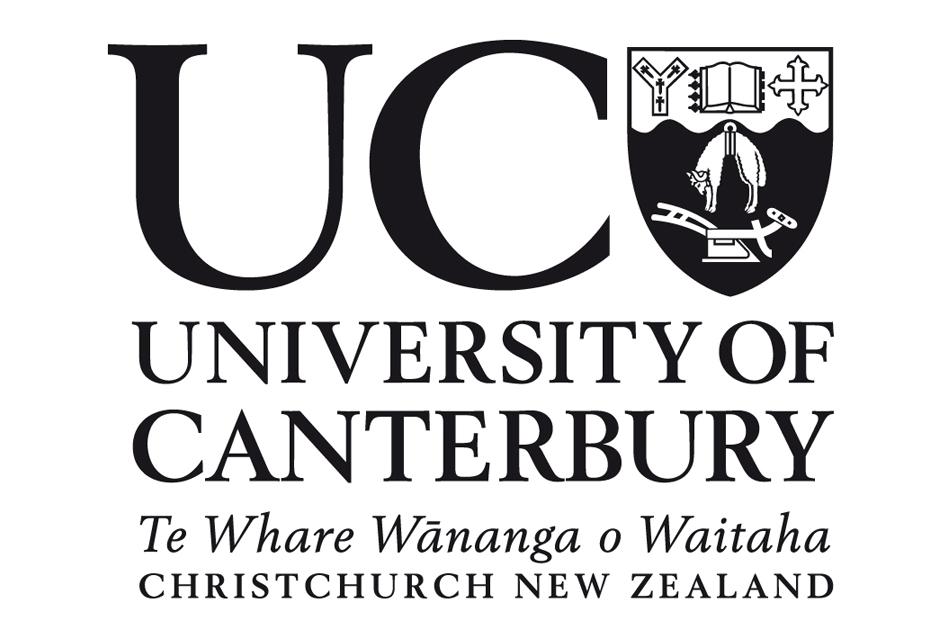Key Dates
| Paper Submissions Open | Monday 18th October 2024 |
| Paper Submissions Close | Extended to 10th March 2025 |
| Notification of Acceptance | Monday 31st March 2025 |
| Final Full-Paper Submission Deadline | Friday 16th May 2025 |
| TENSYMP Conference | Monday 7th – Wednesday 9th July 2025 |
Paper Submission Information
Manuscripts up to 8 A4-size pages, including figures, tables, and references, prepared using the provided templates in two-column format. All submitted manuscripts will be subjected to two reviews. Accepted papers will be submitted for inclusion into IEEE Xplore subject to meeting IEEE Xplore’s scope and quality requirements. Published and presented papers in all previous conferences are available in IEEE Xplore and referenced in major digital libraries globally.
Paper Templates: available for Microsoft Word and LaTeX at https://www.ieee.org/conferences/publishing/templates.html
TENSYMP 2025 Paper Specifications and Technical Tracks
Theme for TENSYMP 2025 – “Innovations in Technology: Shaping the Future”
This theme is particularly relevant to IEEE and society as a whole, emphasizing the critical role of technology in tackling global challenges and shaping the future of industries. It holds special significance for Christchurch, New Zealand (the location for TENSYMP in 2025), reflecting how technology has driven the city’s recovery and revitalization following the earthquakes. This aligns closely with IEEE’s mission to advance technology for humanity and addresses the evolving needs of our modern world.
CLICK HERE TO SUBMIT YOUR PAPERTrack 1: Artificial Intelligence & Digital Information
Chair: TBC
Advanced AI applications, Machine Learning, IoT, Big Data, 5G networks, Cloud Computing, AR/VR, Computational Social Science, Digital Twins, and Smart City Technologies.
Track 2: Biomedical Engineering, Health Tech & Resilient Communities
Chair: TBC
Topics: Biomedical Signal Processing, Wearable Sensors, Biomedical Imaging, Computational Systems, Nanobiotechnology, Resilient Healthcare Systems, Disaster Response Technologies.
Track 3: Communications & Aerospace Systems
Chair: TBC
Satellite Communications, Spacecraft Systems, RF, Microwave, Millimeter Wave, Antennas, IoT for Space Applications, Remote Sensing, Aerospace Electronics, Advanced Communications for Aviation.
Track 4: Control, Robotics, and Agritech
Chair: TBC
Robotics and Automation in Agriculture, Precision Farming Technologies, AI-driven Agricultural Systems, Intelligent Instrumentation, Control Systems, UAVs/Drones for Agritech.
Track 5: Power, Energy & Sustainable Transport
Chair: TBC
Renewable Energy Systems, Electric Vehicles, Charging Infrastructure, Smart Grids, Energy Storage, Advanced Hydrogen Solutions.
Track 6: Nanotechnology & Materials for the Future
Chair: TBC
Nanoelectronics, Biomaterials, Nanostructures, Additive Manufacturing, Advanced Materials for Aerospace and Biomedical Applications.
Special Track 1: Women in Engineering, Students / Young Professionals, and Diversity in STEM
Chair: TBC
Promoting inclusivity and diversity in STEM, career development for young professionals, networking opportunities
Special Track 2: Standards and Climate Change
Chair: TBC
Development and Implementation of Technical Standards, Global Standardisation for Emerging Technologies, Role of Standards in Combating Climate Change, Resilient Infrastructure Standards, Sustainability Metrics, Renewable Energy Standards, and International Collaboration.




